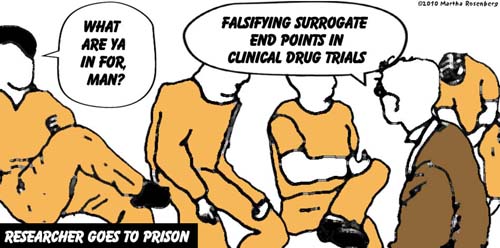
Oh That? Seroquel Marketing Undeterred by This Week’s Deceptive Marketing Settlement
Google the word “depression” and the first search result you’ll get is for the antipsychotic Seroquel XR. Visit WebMD and the home page hosts similar ads for Seroquel XR, above and adjacent to the lead news story. Who would know AstraZeneca inked the largest multi-state consumer protection settlement on record relating to deceptive Seroquel marketing just this week? For $68.5 million? Only a year after inking a similar settlement related to burying side effect and safety information for $520 million with the government? Who would know AstraZeneca has already settled nearly 25,000 personal injury lawsuits pertaining to Seroquel with more to come says ABC news?
First approved in 1997, Seroquel has enjoyed the camel-nose-under-the-tent phenomenon known as indications creep. First approved for schizophrenia, it was later approved for bipolar disorder and psychiatric conditions in children. But it was Seroquel’s 2009 approval as an add-drug for depression that helped it reach its spectacular sales of $5.3 billion in 2010 thanks to the US’ walloping depression “market” of 20 million.




SHARE YOUR STORY/COMMENT: